What does Vitamin D3 do?
Vitamin D3 plays a vital role in our bone health. Without this vitamin, we cannot absorb calcium from our diet which is essential for strong bones and teeth, as well as a healthy, balanced immune system.
Low vitamin D levels are very common in the UK population during the winter months. Strong sun (over UV3 index) to exposed skin with no sun lotion on can produce up to 20,000 iu in 30 mins. This can only happen in UK in the summer from April to September, 11AM-4PM (your shadow needs to be shorter than you to make vitamin D). Our 4000 iu sub-lingual tablets are like a daily dose of 5 minutes strong sunshine.
Why is vitamin K2 added?
When vitamin D levels are optimal you maximally absorb calcium from your diet. Vitamin K2 effectively turns on bone cells which then pull calcium into the bone, which is critical for long term bone strength and density.
Vitamin K2 is provided in two forms: MK4 and MK7.
MK4 is highly bioavailable to the cell and is removed from the blood into the cell within minutes. It is the only form of K2 that crosses the placenta and is found in all mammals breastmilk to nourish their young. Other forms of K2 and K1 can be converted to MK4, suggesting an especially important role for MK4 in health. The vast majority of research on osteoporosis is done using MK4, which also plays a role is sex hormones.
MK7 has beneficial effects on bone and may also serve a back-up supply for conversion in to MK4.
Thus we use both forms for an optimal synergistic effect for your bones and heart health.
Dose:
3-12 drops daily, depending on the size/age of the patient and consider other sources vitamin D from formula in babies/toddlers, and multivitamins.
Total daily intake for optimal vitamin D levels (in the 100’s nmol/L): Modify for obesity and consider ethnicity (skin tone)
Babies & toddlers 800-1000 iu (20-25 mcg)
4 – 8 years old 2000 iu (50 mcg)
8 – 12 years old 3000 iu (75 mcg)
Teenager 3000-5000 iu (75-125 mcg)
Exclusively breastfeed babies do not need to be supplemented if the mother is taking approximately 6400 iu (160 mcg) D3.
Obesity is a risk factor for non-response to D3 supplementation. D3 is a fat and thus stored in adipose tissue, reducing the circulating amount of D3 available for delivery to the cell.
For adult patients approximately 3 stones overweight add an additional 3000 iu (75 mcg), 5 stones or more add 5000 iu (125 mcg) and consider testing after 3 months to ensure optimal levels in the 100 nmol/L range.
Note the vitamin D3 in this product is a natural by product from the wool of sheep which is sheared as part of keeping sheep healthy. Whilst this means it is not technically vegan it is a natural part of keeping animals healthy and happy.
Who should not take this product?
Patients on the blood thinner warfarin (as vitamin K2 can affect clotting), other clotting drugs are not a contraindication.
Patients with sarcoidosis
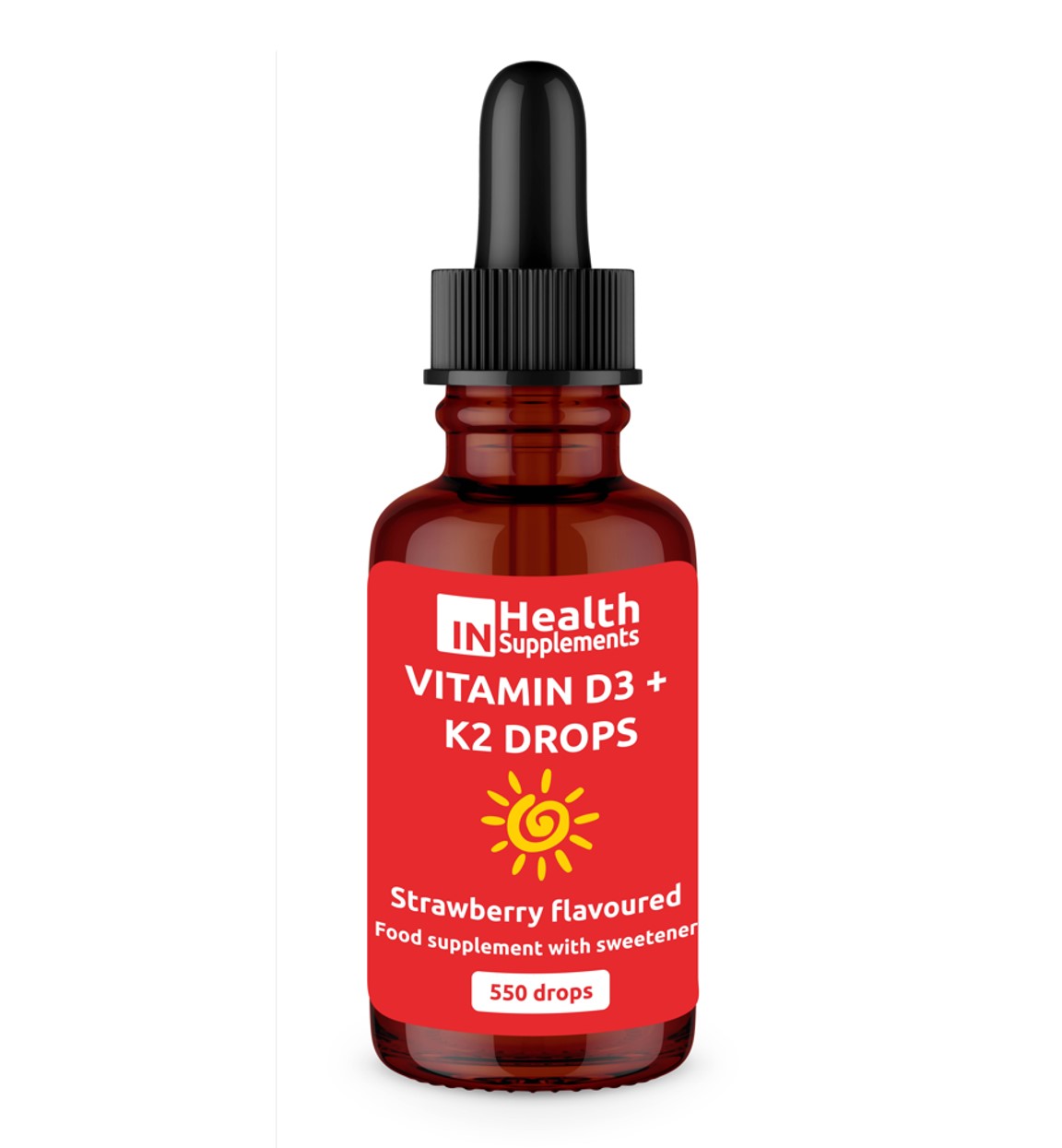
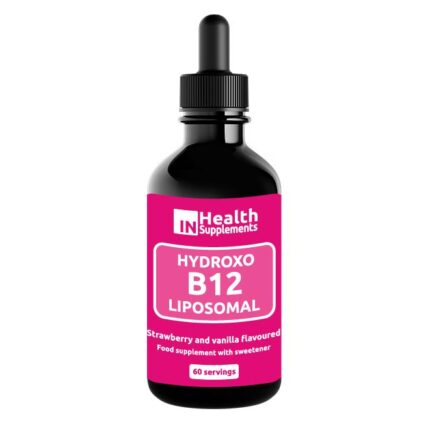
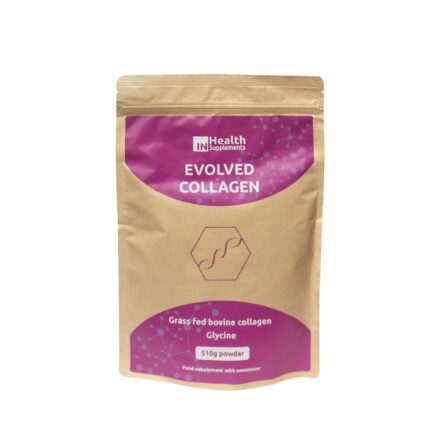
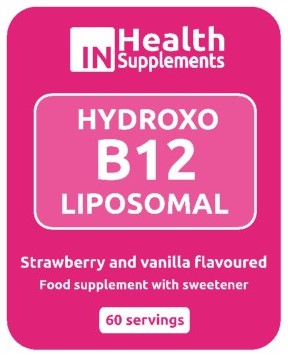
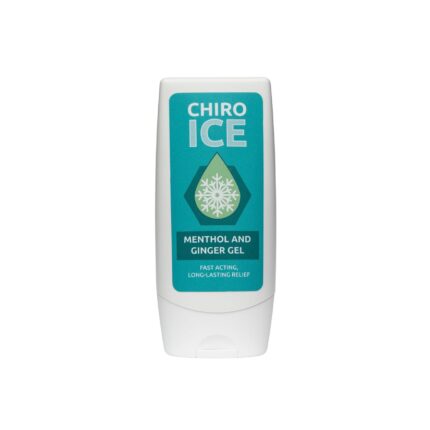
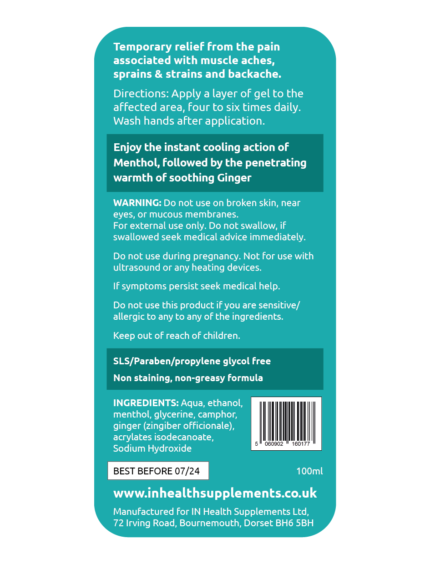
Reviews
There are no reviews yet.